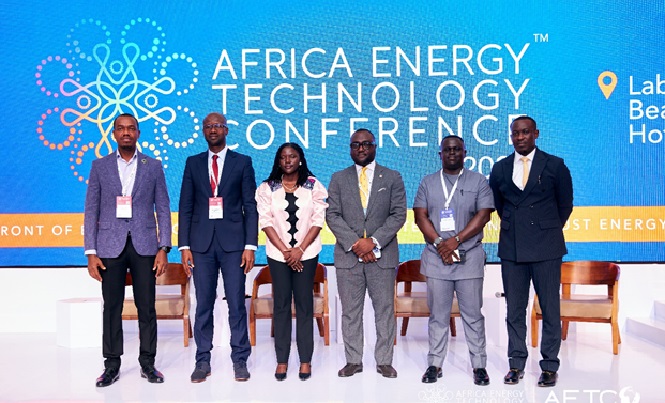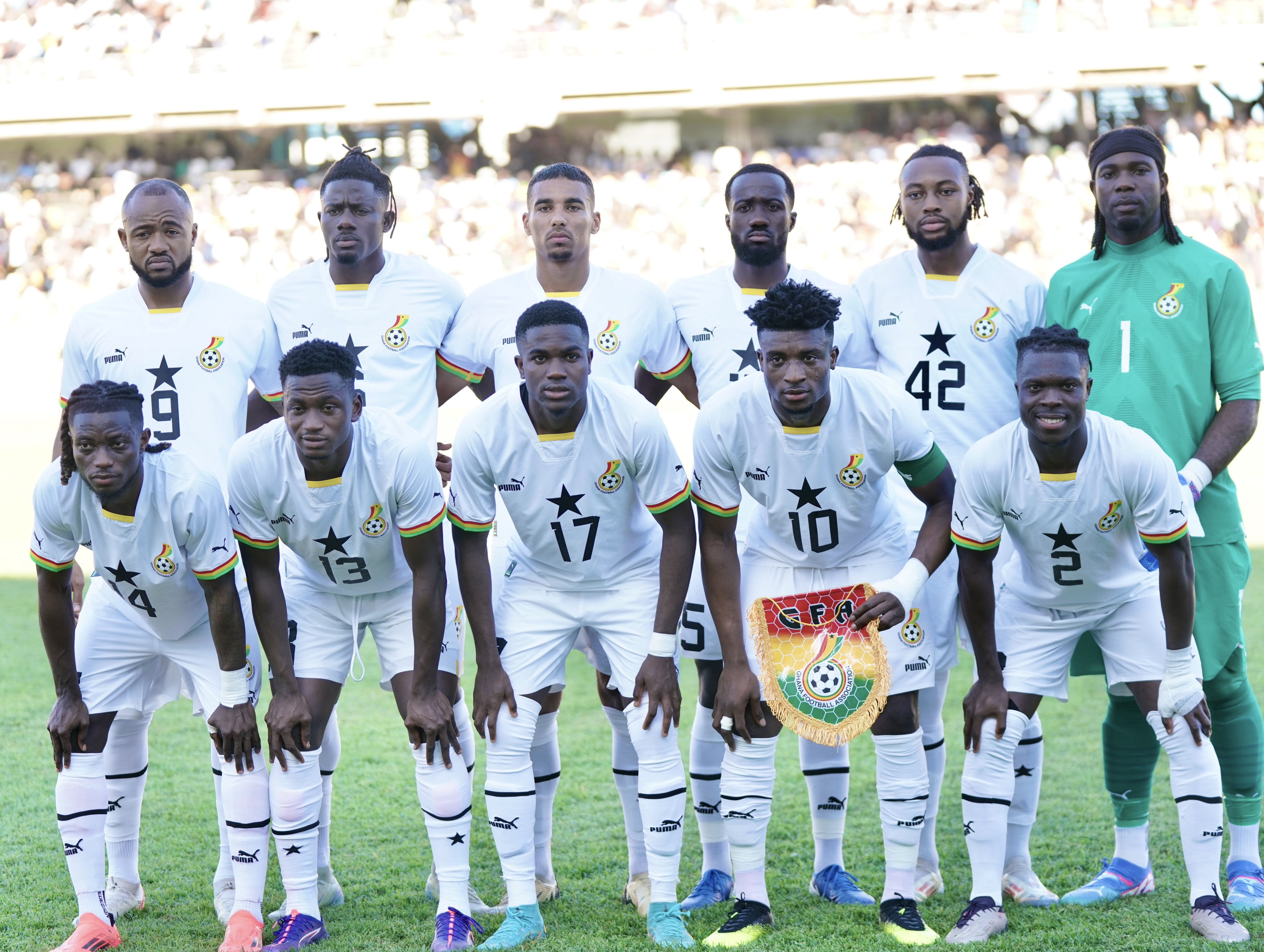
The role of the extractive industry in the country's socio-economic development remains significant, as the sector helps in creating jobs, reducing poverty, rural-urban drift, and complement government's efforts.
The extractive industry contributes to the national kitty through the payment of royalties to host communities, and payment of taxes and other financial obligations to the state.
Indeed, some extractive industries, like mining companies, render corporate social responsibility, geared toward improving the livelihood of people, especially those in the catchment area.
But, these benefits to the country are just mixed blessing, as some mining companies continue to engage in acts that can only be described as a nuisance and a source of worry to the people.
Ghanaian Times have published on countless occasions, stories on disillusioned and irate members of host communities, up in arms with some mining companies, over claims that over-exploited natural resources in their communities, and contributed little in terms of development.
At times, confrontations between members of host communities and operators in the extractive industry turned violent, as a result of security breaches, and security agencies have to be deployed to ensure law and order.
However, some licensed mining companies argue that they pay royalties to chiefs, landowners and the government, which should be used for implementation of development projects, to improve the welfare of the people.
Sadly, roads in communities in the extractive enclaves are often deplorable, and the people lack good drinking water.
Water bodies have been polluted as a result of illegal mining activities, popularly known as 'galamsey', and the use of heavy duty vehicles and machines continue to make roads bad.
This is why the reconstruction of the Tarkwa-Damang road, in the Western Region, by the Gold Fields Ghana Limited's, at a cost of about 27 million dollars, is praiseworthy.
This is a sigh of relief for motorists, pedestrians and people living along the road, because socio-economic activities would be facilitated, and diseases associated with the hitherto 33-kilometre dusty road, would become a matter of the past.
Definitely, the asphalted road has become a game-changer in the lives of the people, as people are able to travel along the corridor in comfort to engage in socio-economic activities.
The Western Regional Minister, Kwabena Okyere Darko-Mensah, noted at the inauguration of the road that "The Western Region is endowed with variety of resources, including fishery and mining, and recently, oil and gas, which attracted multi-national companies, local businesses and private entrepreneurs, and should not be in want if government budgetary interventions delay."
Ghanaian Times believes that the statement by the minister is not an attempt by the government to shirk its responsibility.
As saying goes, "Oliver Twist asks for more," and the people expect the private sector, key stakeholder in national development, to sustain its partnership with the government, in the provision of social services and infrastructure.
The role of private sector in national development is more relevant now than before, and the government is expected to forge effective corporation with the private sector in the implementation of programmes to eliminate hunger, poverty, protect the environment and improve the standards of living of the people, as an obligation under the Sustainable Development Goal agenda 2030.
In view of the competing demands on the limited resources, government alone cannot provide all the needs of the people.
While we laud the Gold Fields Ghana Limited for rehabilitating the Tarkwa-Damang road, we appeal to other companies operating in the extractive industry, to complement government's bid in providing the people's development needs.
Read Full Story










Facebook
Twitter
Pinterest
Instagram
Google+
YouTube
LinkedIn
RSS